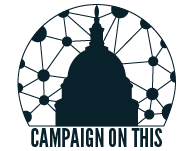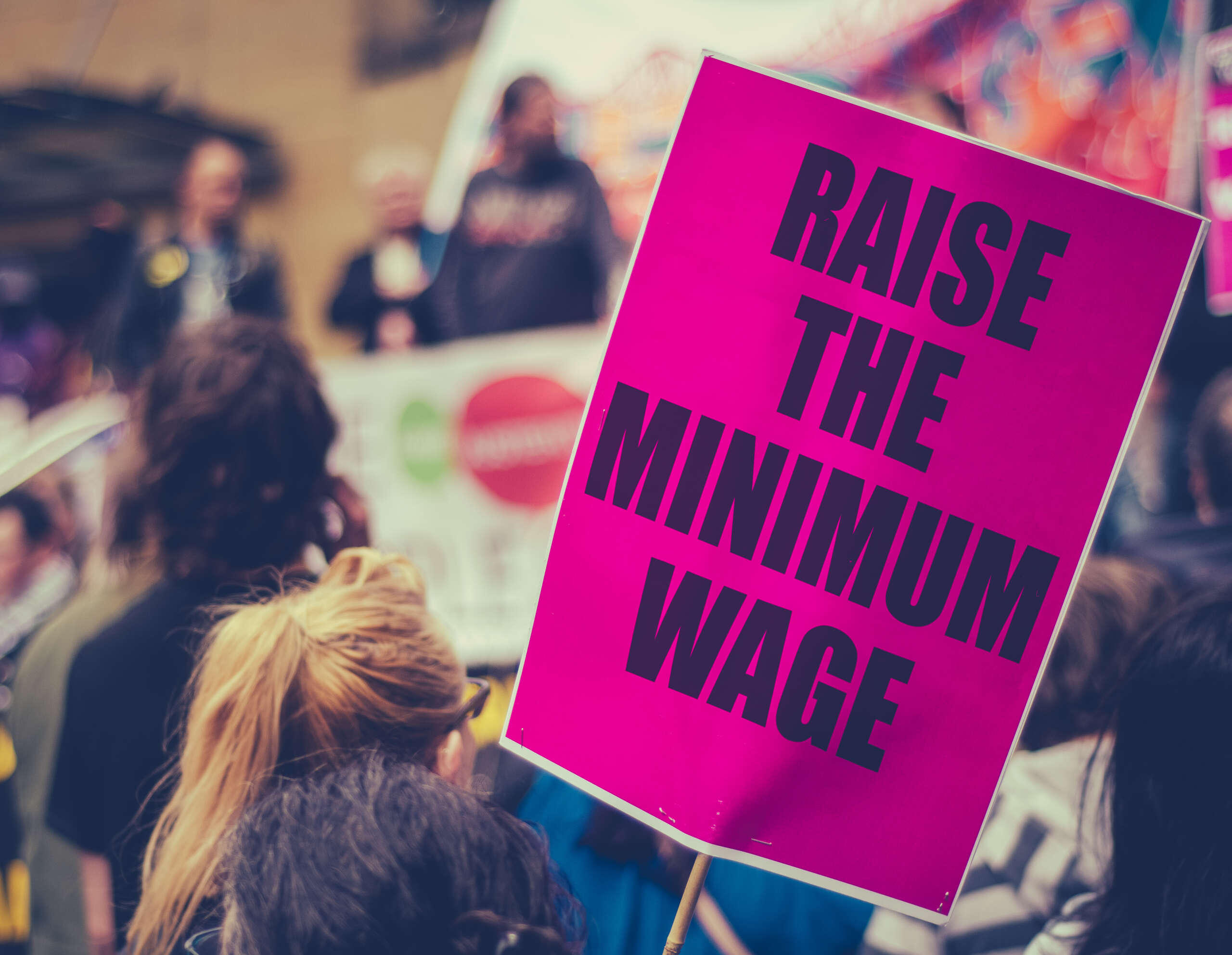Since its creation in 1938, the federal minimum wage has been a highly debated topic. At its peak in 1968, workers earned $1.60 per hour (equivalent to $11.80 in 2015. The minimum wage has experienced increases and inflation-induced declines ever since.
NCSL reports that the current federal minimum wage is set at $7.25, but have decided to raise their own. The most recent increase in the federal minimum wage came in 2009, in the third year of the Bush Administration, with the Fair Minimum Wage Act of 2007. Americans saw their wages increase 70 cents per year over the three-year period.
While Democrats usually advocate for a progressive raise, Republicans typically believe in letting the free market set the minimum wage in a competitive manner.
The Democratic approach centers around politicians increasing the minimum wage, and workers earn more money without the threat of a lower wage. Through this process, the minimum wage diminishes, over the span of a few years, after being adjusted for inflation (which then becomes the real minimum wage). The problem with this method is that if Congress does not agree on the next minimum wage to set, a stagnant period is created in which inflation decreases the wage over time. Americans everywhere have felt this stagnation for the past six years.
The Republican approach allows businesses to set their own wage at the level that is most profitable for them. CBS reports that as the CEO of Gravity Payments, Dan Price, recently proved, the best competitive wage for the profitability of the company is not necessarily the lowest. Price announced that he will reduce his annual salary to $70,000 until all of his employees make $70,000 per year as well. Since Price’s announcement, applications to his company have risen exponentially, and Gravity Payments has experienced its best week for new business in the company’s 11-year history. Though this tactic can be effective, there is no guarantee that an employee will make a certain wage. Unlike the Democrats’ system, it all comes down to the discretion of the business owner.
With the race to the 2016 presidential election beginning to take form, the minimum wage debate will gain even more momentum. Both parties will play on the pathos of Americans: Democrats will fight for the average worker who deserves a fair and equal wage; Republicans will fight to protect small, family-run businesses. In addition, a presidential candidate’s minimum wage position could have a strong effect on his or her standing with the youth of the United States; according to PEW, almost 51% of minimum wage earners are 16 to 24 years old.
Keep your ears open for this hot topic throughout the election. Is the raise, react, repeat cycle of the Democrats the best system? Is the free market of the Republicans secure enough? Or will a new approach impress the millions of Americans affected by the minimum wage?




